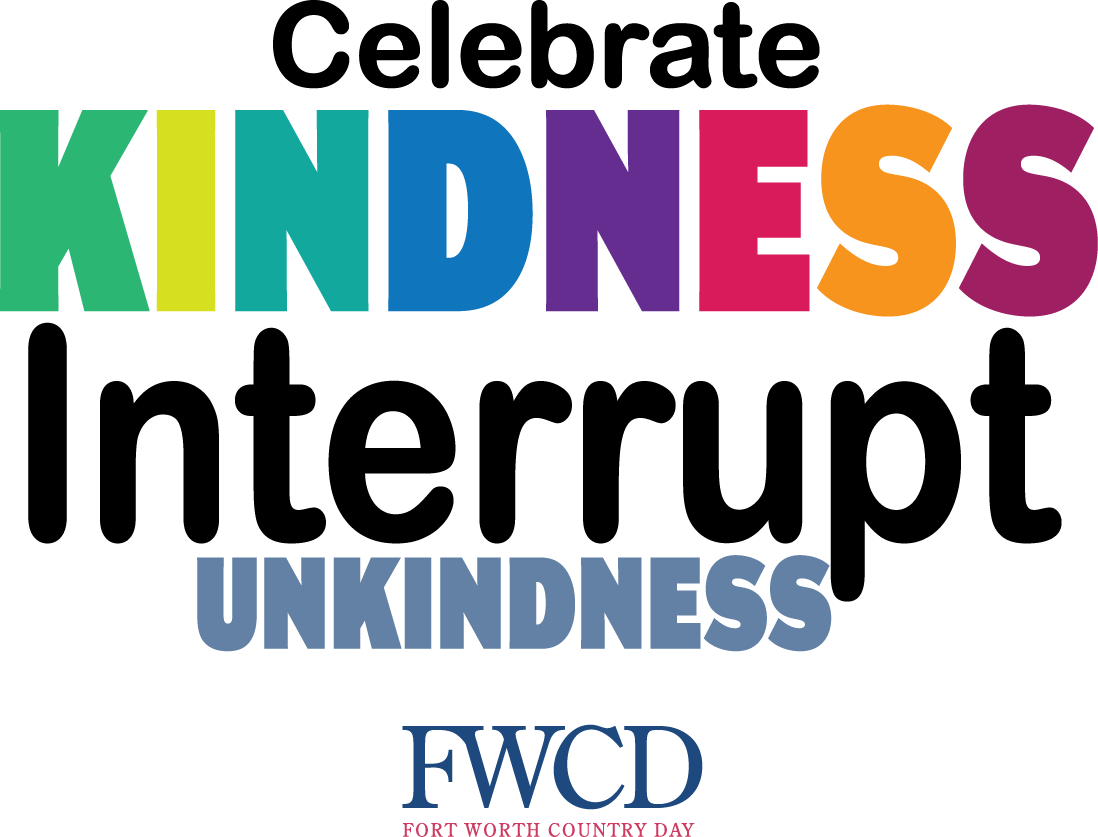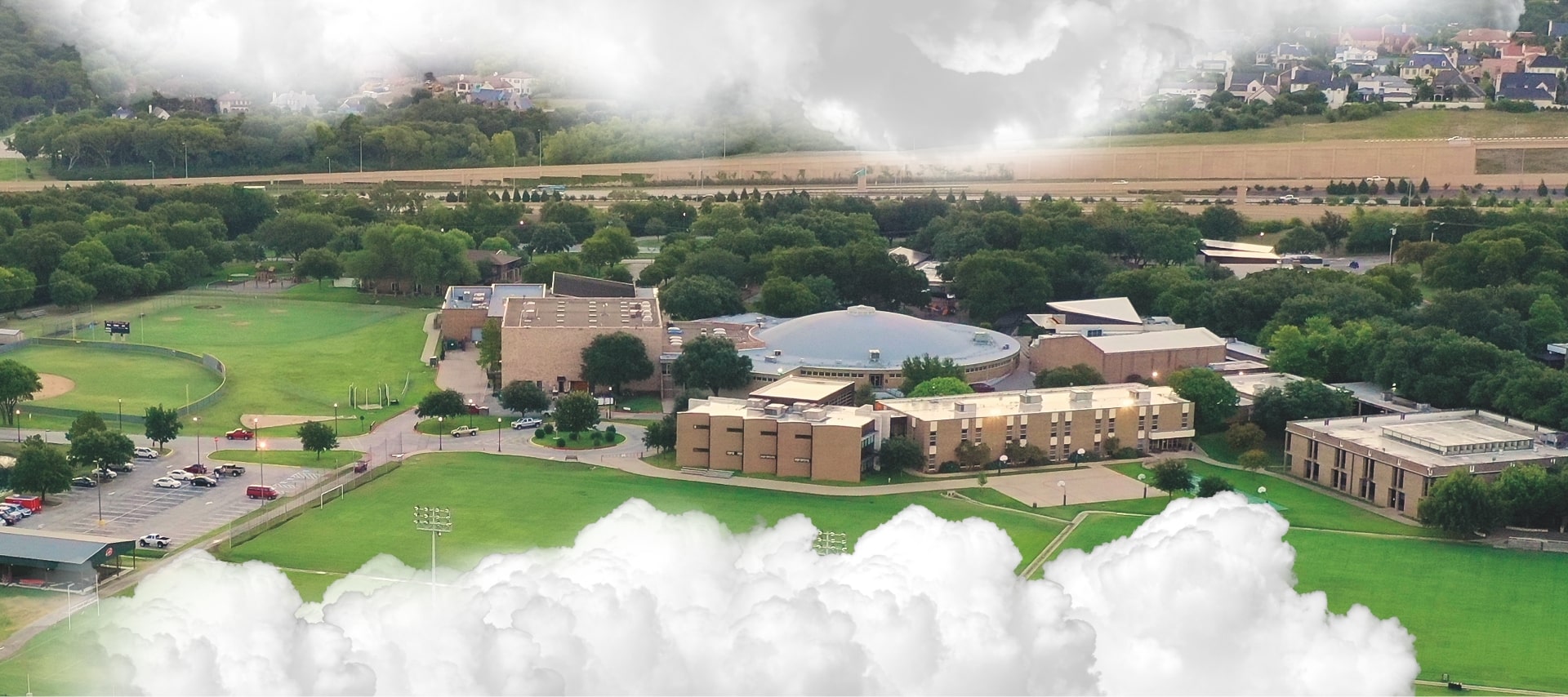Seen, Read, Heard
Podcast about Father Greg Boyle, East Los Angeles Humanizer of Gang Members
What a discovery. Looking to listen to things our son and daughter-in-law might be coming across on their commutes, I loaded their local New Hampshire NPR station. Randomly, I found myself listening to something called “Kelly Corrigan Wonders” on a day she was airing her interview with Father Greg Boyle, founder of Homeboy Industries in East Los Angeles.
Father Boyle struck me as a rare wise man, in the vein (and even vocal tone) of Joseph Campbell of the great mythology discussions on PBS with Jim Lehrer. Boyle had a profoundly authentic sense of understanding and optimism about the lives of the most horrific gang members in the country.
I highly recommend this hour of listening for its wisdom and grace, such as (these are paraphrases, given I was taking notes while walking our dogs):
Seek joy more than happiness. Joy is about life, not about a single success or accomplishment.
Beware of demonization, a particularly insidious component of 2022 culture. Avoid demonization by making croissants with someone you can hardly stand. In Homeboy Industries, rival gang members who once shot at each other make croissants together.
Awe is powerful, and it does not have to be about just the “Big Things.” For example, you can be in awe of both the Grand Canyon and of your child’s first steps, while you can also be amazed at the way a street light works to control traffic or a worm moves.
Cherish people. People who are cherished have the opportunity to be better people. Everybody deserves the opportunity to be cherished.
“Notice and Return”: Don’t let yourself get too attached to the highs or the lows. Instead, notice the criticism and/or the praise, and then quickly return to a steady state of predictable good.
Kelly Corrigan is worth hearing, too, for her great questions.
I am not actually sure if Christopher and Leah ever listen to “Kelly Corrigan Wonders,” but my visiting their local radio station paid big dividends for me.
Charlotte’s Web, Read by the Author E.B. White
I needed something to listen to when I climbed on the elliptical. Why not a childhood favorite of mine? Charlotte’s Web was available from the School’s library of recorded books. Bonus, it was an old, almost primitive recording of E.B. White himself reading, in his New England accent, the story of the runt pig saved by a bleeding heart young girl and then connected to all the wonderful animals of her uncle’s barn, most notably Charlotte, the spider. In her web-weaving, Charlotte’s “writing” of “Some pig,” “Terrific,” “Radiant” and “Humble” had been the magic ticket to the humans thinking they were discovering that Wilbur was a remarkable pig to be celebrated, not slaughtered. Books for young readers are often packed with great lessons in ways adult books are not. Every page of Charlotte’s Web seemed to have a simple but pithy message of being a good friend and even of dealing with the inevitable end of the life of a friend, as Wilbur deals with Charlotte’s death.
Leaders Eat Last by Simon Sinek
This was not a particularly good read. The chapters jumped around a great deal. If there was a thread connecting the book, I missed it. Nonetheless, there are the usual poignant observations from Sinek, observations that resonate.
The title, while great and discussed a few times in the book, is not particularly accurate. The book is not always about leaders. Regardless of the disjointed narrative, Sinek drops plenty of pithy comments:
About leaders eating last.
About leading millennials.
About being a parent of a new cell phone user. (I said it was random!)
About the importance of establishing a Circle of Safety.
About the 2000s being a “Period of Destructive Abundance.”
Among other isolated points I would share are the following:
We all need and benefit from a “Circle of Safety” … in which we are aware of each other and each others’ needs. “Inside a circle of safety, we feel like we belong.” (61)
The Circle of Safety inspires trust, an important element of leadership to Sinek:
We can’t just say “trust us” … The trust has to be lived. (29)
“My favorite definition of love is giving someone the power to destroy us and trusting they won’t use it.” (61)
“To a social animal, trust is like lubrication. It reduces friction and creates conditions much more conducive to performance. . . .” (97)
Sinek speaks of a former Secretary of Defense who talked about the fancy ceramic cup in which he was served coffee. The Secretary clarified that the ceramic cup is meant for the position he held. A styrofoam cup was appropriate for the person he was. Leaders do well to distinguish between their position and their person. (84-85)
Similarly, Sinek notes the adage, “When it matters, leaders choose to eat last.” (83)
Sinek says leaders inspiring fear is rarely helpful. In fact, he says, that fear “hurts the very innovation and progress so many leaders … claim [to want] ...” (87)
He quotes Goethe: “You can easily judge the character of a man by how he treats those who can do nothing for him.” (163)
Sinek notes the value when a leader can delegate effectively, something that he says can happen when she or he can “change the culture of permission to a culture of intent.” (181)
“As the Zen Buddhist saying goes, how you do anything is how you do everything.” (197)
“Leadership is not a license to do less; it is a responsibility to do more.” (286)




















